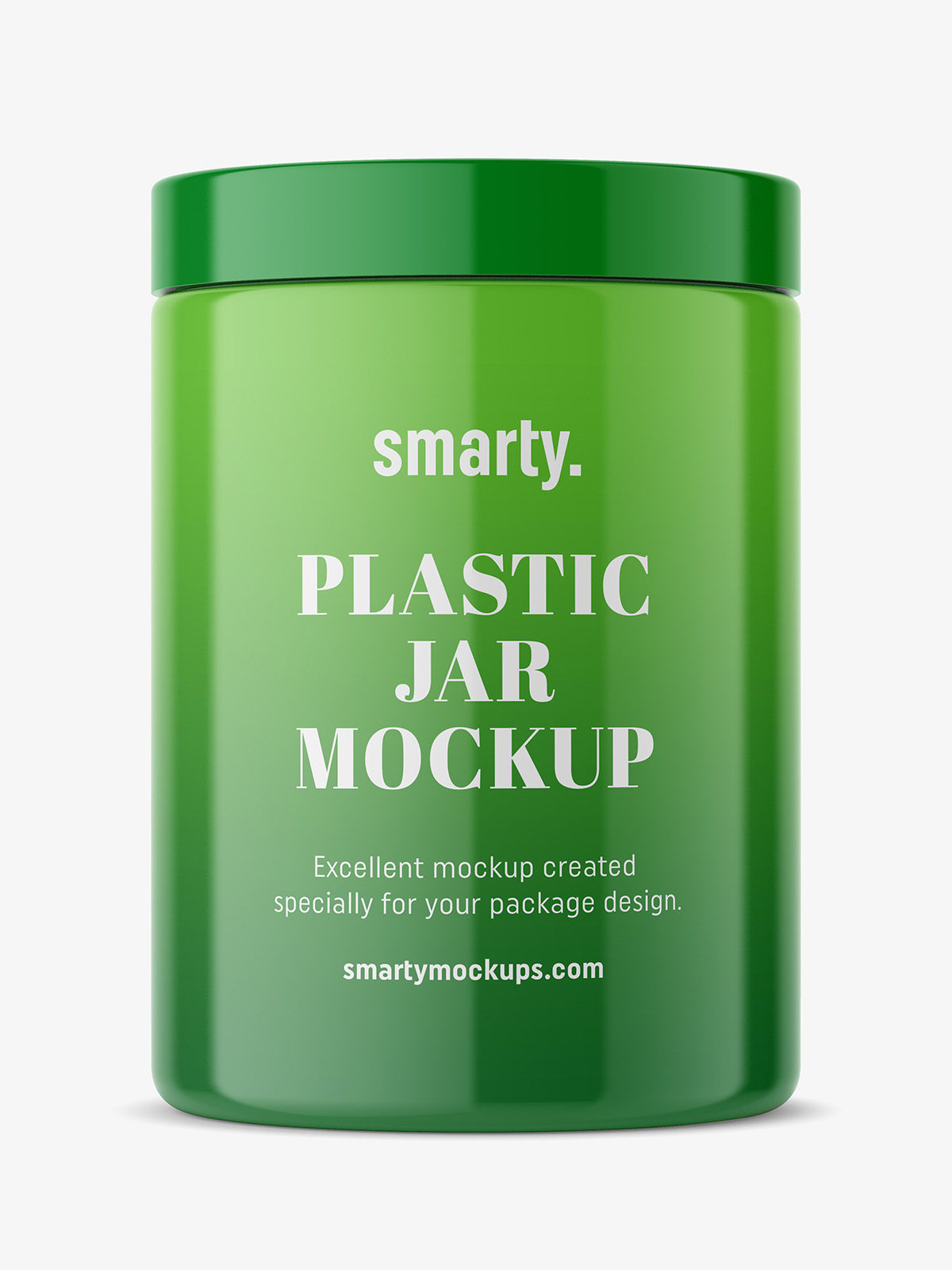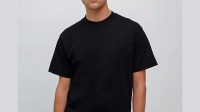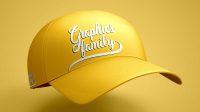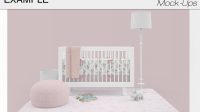
Mockup Plastic: A Comprehensive Guide for Understanding Its Properties, Applications, and Benefits
Introduction
Mockup plastic, a specialized material used extensively in the automotive, aerospace, and other industries, plays a crucial role in the design, development, and testing of complex products and systems. Its unique properties and versatility make it an indispensable tool for engineers and designers alike. This comprehensive guide delves into the intricacies of mockup plastic, exploring its properties, applications, and the myriad benefits it offers.
Properties of Mockup Plastic
Mockup plastic exhibits a unique combination of properties that make it ideal for its intended applications:
-
Lightweight: Mockup plastic is remarkably lightweight, making it easy to handle and transport. This lightweight nature reduces transportation costs and facilitates handling during manufacturing processes.
-
Durable: Despite its lightweight nature, mockup plastic is highly durable and resistant to wear and tear. It can withstand rough handling and demanding environmental conditions, ensuring its longevity and reliability throughout the design and testing phases.
-
Cost-Effective: Mockup plastic is an affordable solution compared to more expensive materials like metal or composite materials. Its cost-effectiveness allows for the creation of multiple prototypes and iterations, accelerating the development process without breaking the bank.
-
Versatile: Mockup plastic is extremely versatile and can be easily molded into complex shapes and intricate designs. This versatility enables engineers and designers to create realistic prototypes that accurately represent the final product.
-
Paintable: Mockup plastic has excellent adhesion properties, making it easy to paint and apply finishes. This allows for the creation of prototypes with realistic colors, textures, and details, facilitating aesthetic evaluations and design validation.
-
Recyclable: Mockup plastic is an environmentally friendly material that can be easily recycled, reducing waste and promoting sustainability. Its recyclability makes it a responsible choice for businesses and organizations that prioritize environmental stewardship.
Applications of Mockup Plastic
Mockup plastic finds widespread application in various industries:
-
Automotive Industry: Mockup plastic is extensively used for creating prototypes of car interiors, exteriors, and other components. These prototypes allow designers to evaluate aesthetics, ergonomics, and functionality before committing to expensive production molds.
-
Aerospace Industry: In the aerospace sector, mockup plastic is employed to create scale models and prototypes of aircraft components. These models aid in aerodynamic testing, wind tunnel simulations, and design optimization.
-
Consumer Electronics: Mockup plastic plays a significant role in the development of consumer electronics, such as smartphones, laptops, and gaming consoles. It enables the creation of prototypes for ergonomic assessment, user interface testing, and aesthetic evaluations.
-
Medical Devices: Mockup plastic is utilized in the medical device industry to create prototypes of implants, surgical instruments, and medical equipment. These prototypes facilitate design validation, usability testing, and regulatory approvals.
-
Educational Institutions: Mockup plastic is a valuable tool in educational settings for creating teaching aids, demonstration models, and project prototypes. Its versatility and affordability make it accessible for students and educators alike.
Benefits of Using Mockup Plastic
The use of mockup plastic offers numerous benefits:
-
Accelerated Design Process: Mockup plastic enables the rapid creation of prototypes, accelerating the design process and reducing time-to-market. It allows for iterative design, where multiple prototypes can be quickly fabricated and tested to refine the design.
-
Reduced Development Costs: Mockup plastic is cost-effective, reducing the expenses associated with prototype development. It eliminates the need for expensive tooling and production molds, which can significantly lower overall development costs.
-
Improved Design Validation: Mockup plastic prototypes provide an accurate representation of the final product, enabling designers and engineers to identify and address potential design flaws early on. This thorough validation process reduces the risk of costly rework and delays during production.
-
Enhanced Communication: Mockup plastic prototypes facilitate effective communication among design teams, manufacturing partners, and stakeholders. They provide a tangible representation of the design, enabling clear understanding and reducing the potential for misinterpretations.
-
Realistic Testing: Mockup plastic prototypes can be subjected to rigorous testing to evaluate their performance under various conditions. This testing helps identify potential issues with durability, functionality, and ergonomics, ensuring the final product meets the intended requirements.
Frequently Asked Questions (FAQ)
- What is the difference between mockup plastic and prototype plastic?
Mockup plastic is typically used for creating visual representations of a product, focusing on aesthetics, ergonomics, and functionality. Prototype plastic, on the other hand, is used for testing the functionality and performance of a product under real-world conditions.
- How strong is mockup plastic?
Mockup plastic is generally not as strong as engineering plastics or metals. However, its durability varies depending on the specific type of plastic used and the manufacturing process.
- Can mockup plastic be painted?
Yes, mockup plastic has excellent adhesion properties and can be painted easily. This allows for the creation of prototypes with realistic colors, textures, and finishes.
- Is mockup plastic recyclable?
Yes, mockup plastic is recyclable, promoting sustainability and reducing waste. Its recyclability makes it an environmentally friendly choice for businesses and organizations.
- What are the typical applications of mockup plastic?
Mockup plastic is widely used in the automotive, aerospace, consumer electronics, medical device, and educational industries for creating prototypes, models, and teaching aids.
Conclusion
Mockup plastic is an indispensable material in the design, development, and testing phases of various products and systems. Its lightweight, durable, cost-effective, and versatile nature makes it an ideal choice for creating realistic prototypes. The benefits of using mockup plastic, such as accelerated design, reduced development costs, improved design validation, enhanced communication, and realistic testing, make it a valuable tool for engineers and designers alike. As technology continues to advance, mockup plastic is expected to play an increasingly critical role in shaping the future of product innovation.





